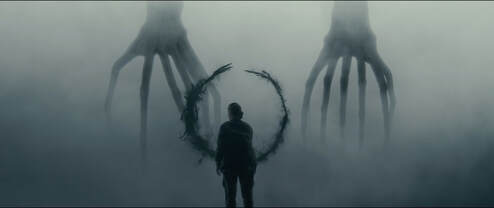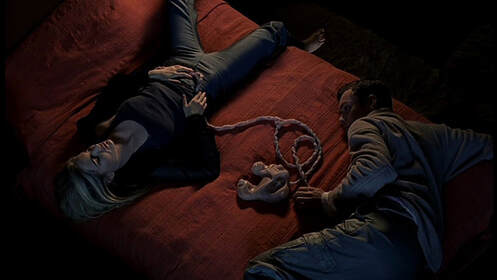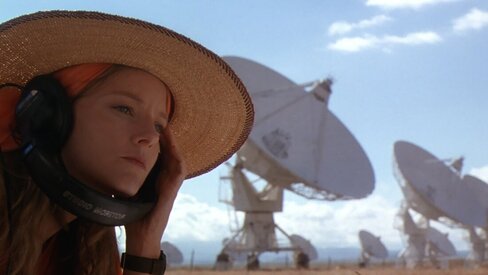A- | The surviving members of House Atreides integrate themselves with the Fremen of Arrakis and seek revenge on House Harkonnen. Directed by Denis Villeneuve Starring Timothee Chalamet, Zendaya, and Rebecca Ferguson Review by Jon Kissel |





 RSS Feed
RSS Feed